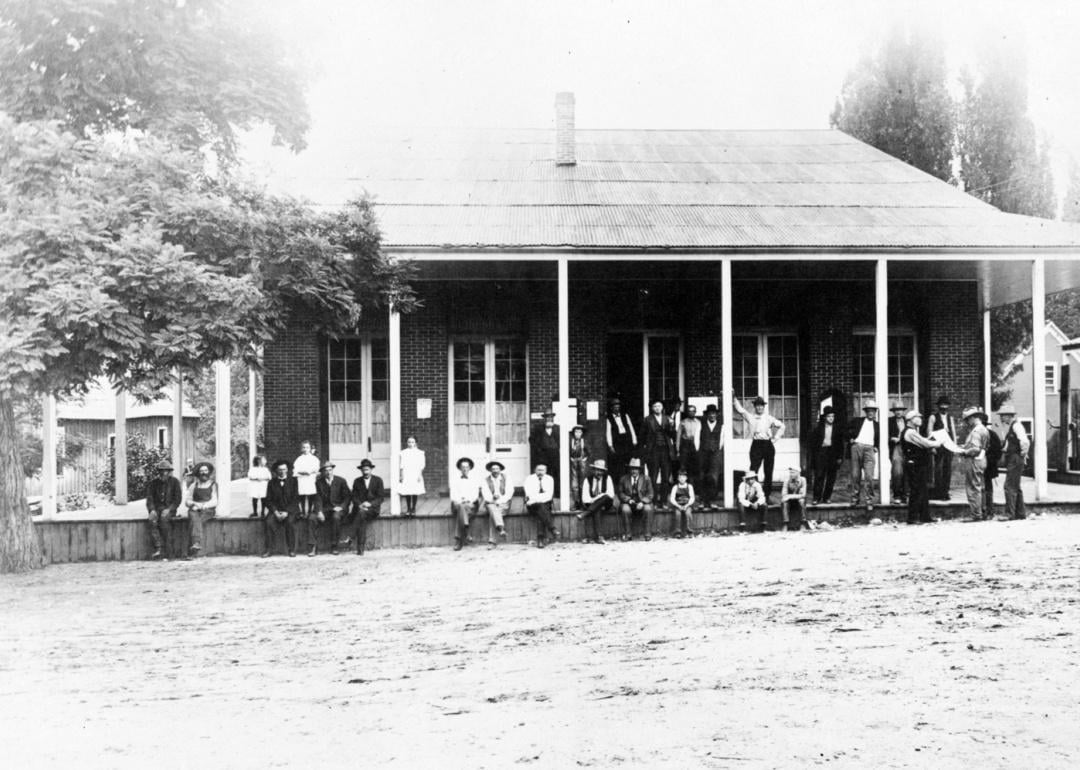
Biggest cities in Florida 150 years ago
Biggest cities in Florida 150 years ago
After the completion of the 1860 census and the election of President Abraham Lincoln, America imploded. Eleven southern states seceded from the Union in 1861, instigating four bloody years of the Civil War and fundamentally altering the social history of the U.S. The estimates of deaths caused by the Civil War begin around 600,000, but some claim as many as 750,000 individuals died throughout the conflict.
With so many families looking for a new start after combat finally ended and approximately 4 million Black Americans emancipated from slavery, it was time for many Americans to look for a new home to put down roots. The obvious choice for many was to move west, where there was more land to buy, settle, and cultivate. Many traveled by covered wagon, spending months on the dusty trail. Others who could afford better accommodations took a 25-day ride by stagecoach. All of them picked new cities and towns to make their homes, spreading the U.S. population more evenly across different states and territories.
On May 10, 1869, the first transcontinental railroad route across the United States was completed, ushering in a new era of transportation. The project was completed ahead of schedule and under budget, though with the loss of many lives, including those of the many Irish and Chinese immigrants hired to work 12-hour days in the hot western sun. Riding by steam engine, passengers could cross the entire country in four days, enabling waves of Americans and immigrants to quickly occupy land that would otherwise take months to settle.
The years of Civil War reconstruction, coupled with wagon, stagecoach, and railroad passengers finding new lives across the U.S., made the urban development reflected in the 1870 census incredibly interesting. Stacker compiled a list of the biggest cities in Florida from 150 years ago using data from the U.S. Census Bureau. By transcribing Table XXV of the Ninth Census of the U.S., which was previously only available as a PDF, it's easy to explore what the urban landscape looked like less than a decade after the end of the Civil War as America healed and grew.
The largest city in Florida ranked #305 among all cities nationwide in 1870. Keep reading to find out more about the historic metropolitan landscape in your home state or check out the data on your own on our site, GitHub, or data.world.
#2. Pensacola, Escambia County
--- Male population: 1,626
--- Female population: 1,721
--- Child population, ages 5-18: 1,014
#1. Jacksonville, Duval County
--- Male population: 3,368
--- Female population: 3,544
--- Child population, ages 5-18: 1,865



